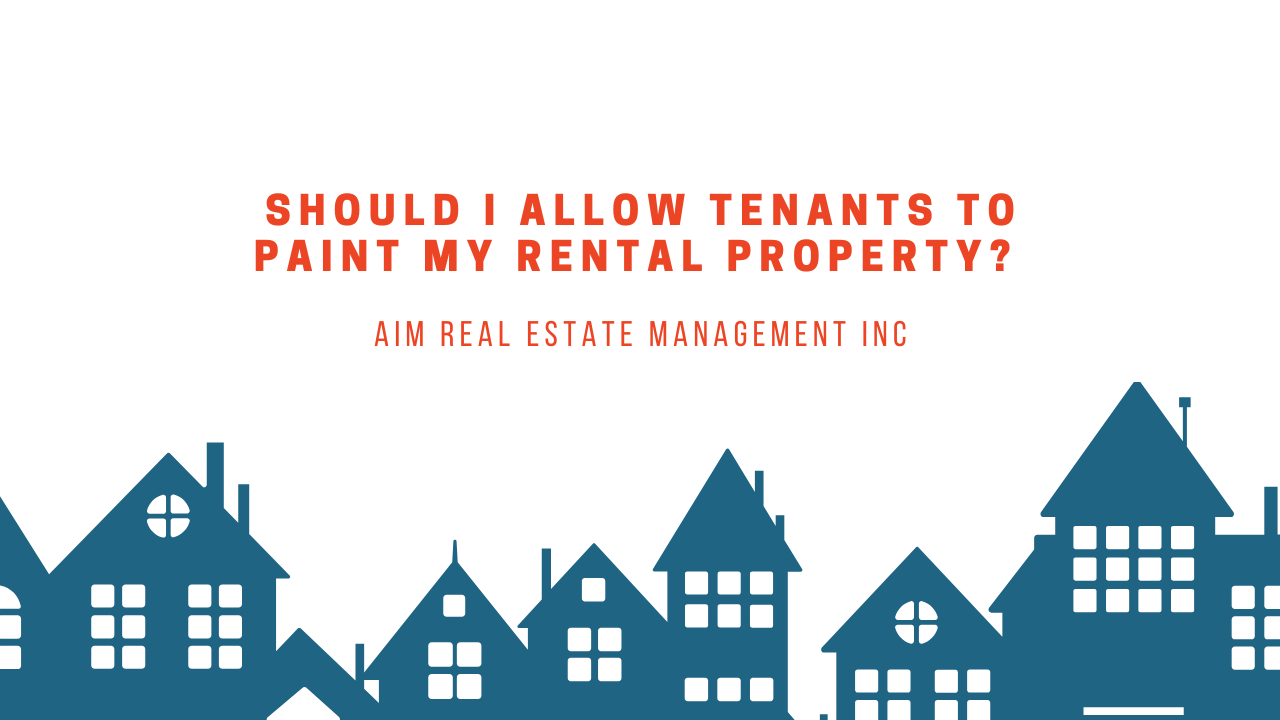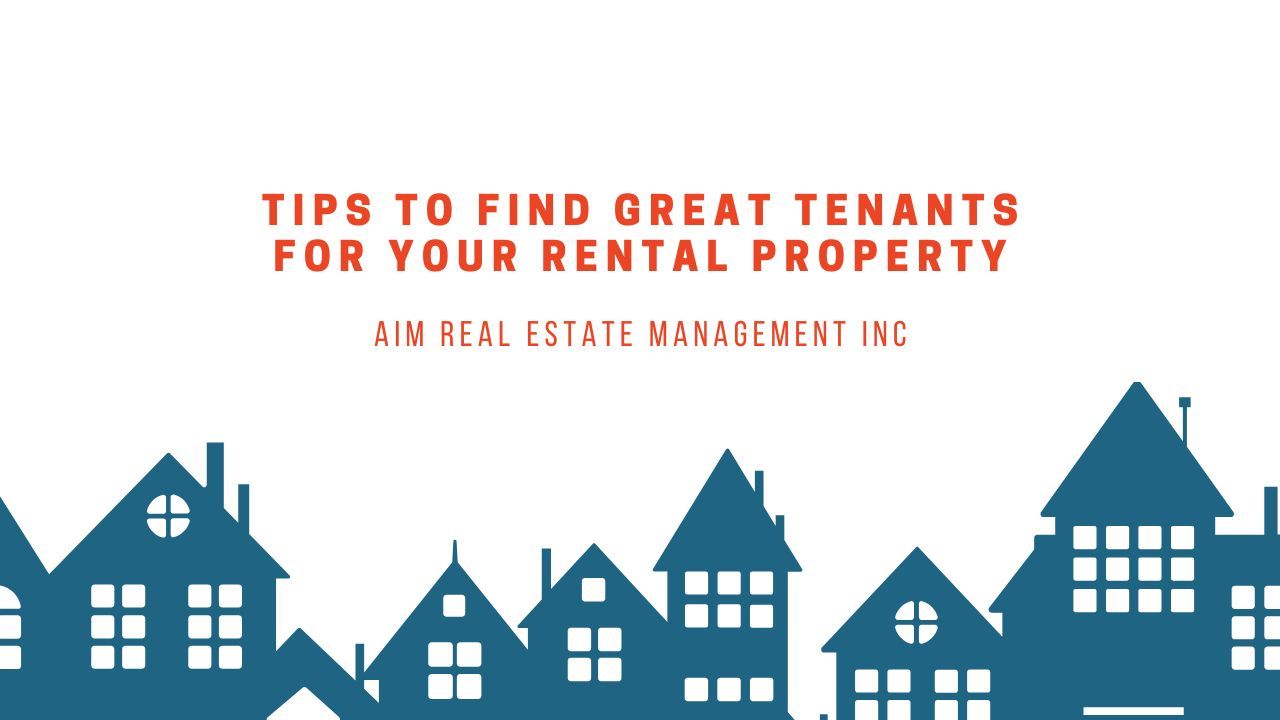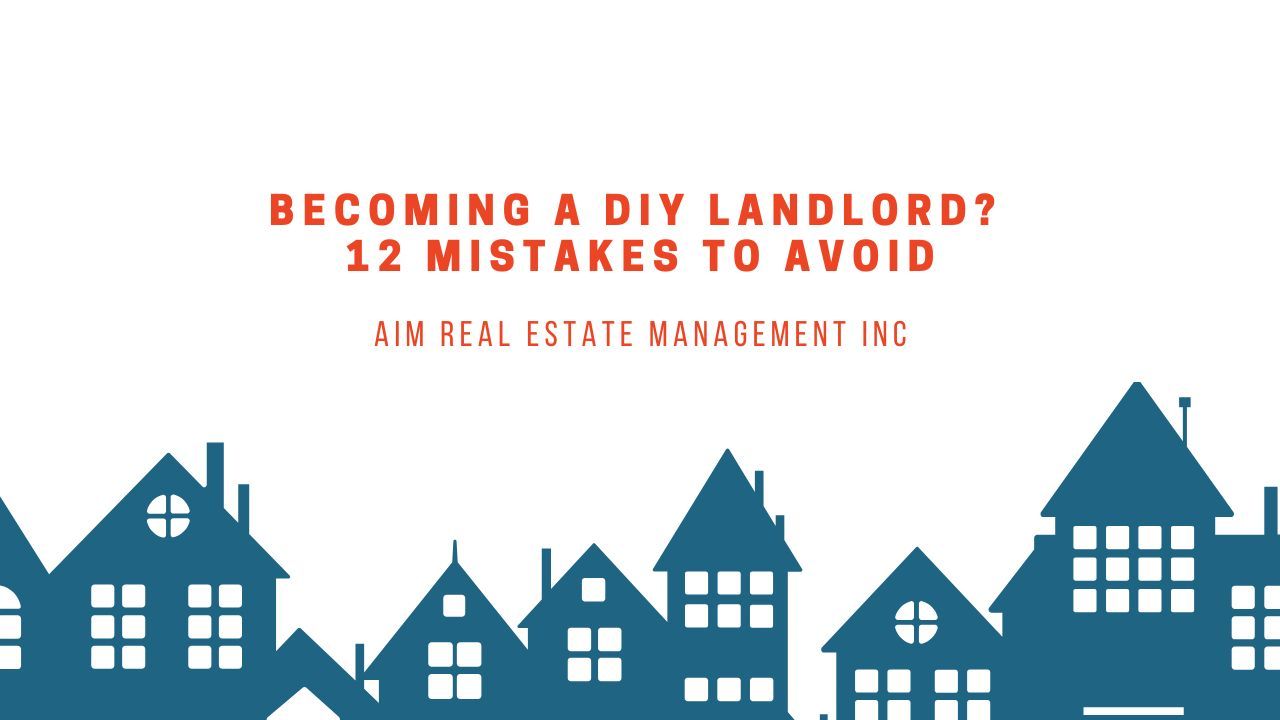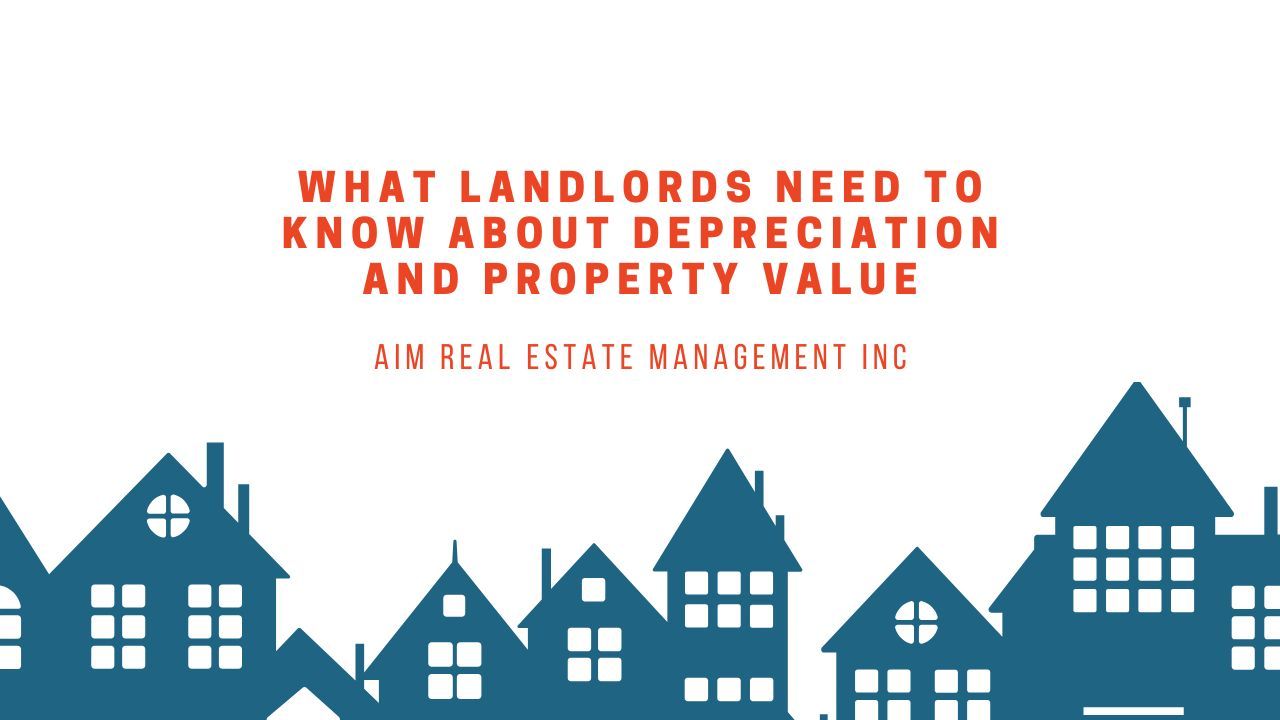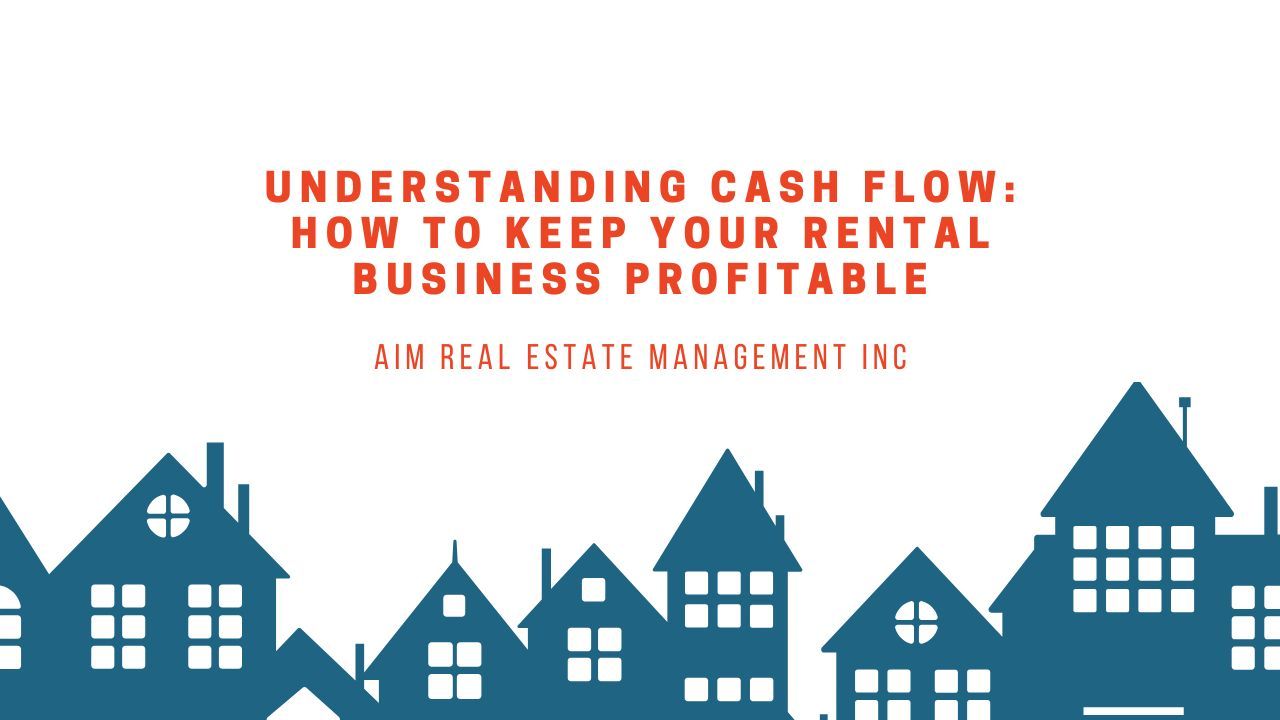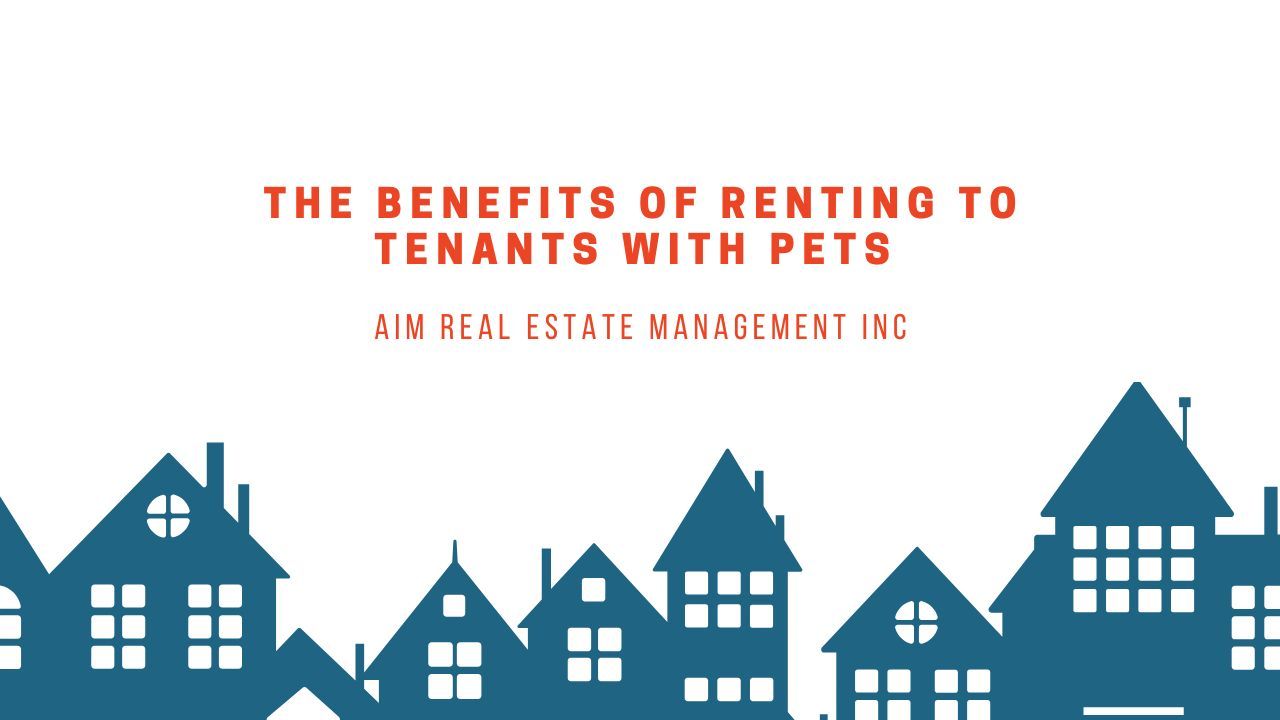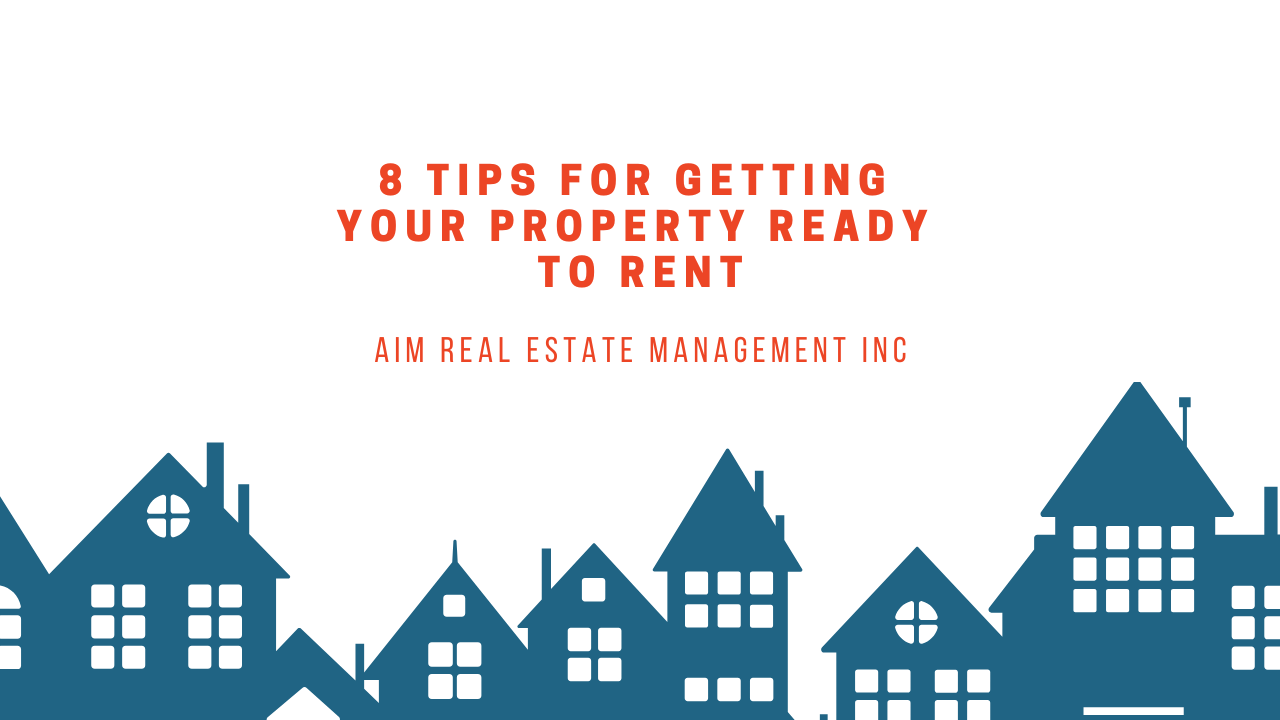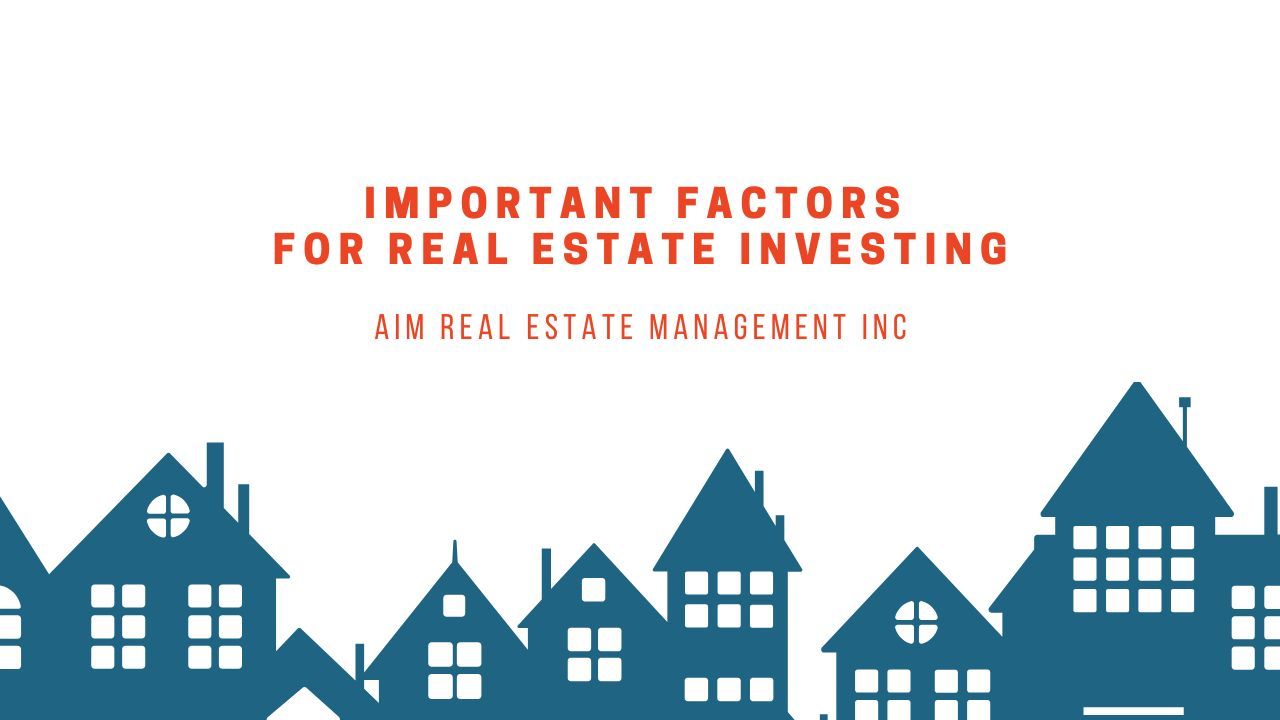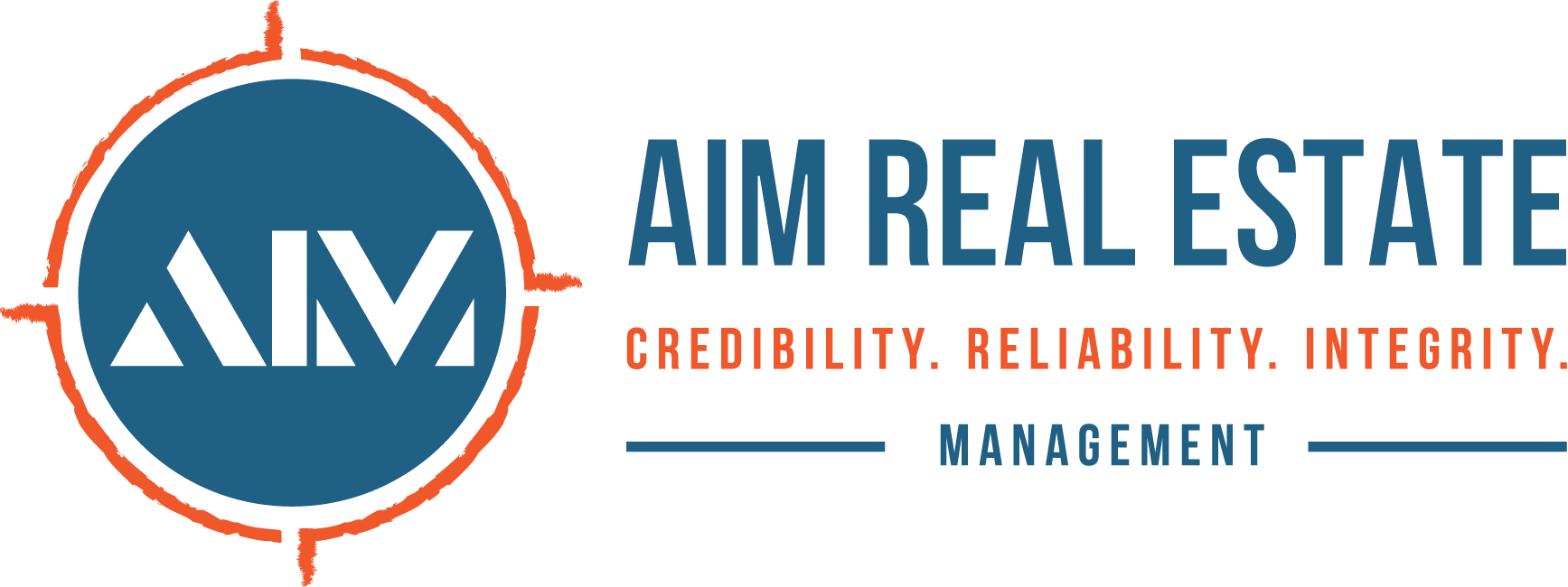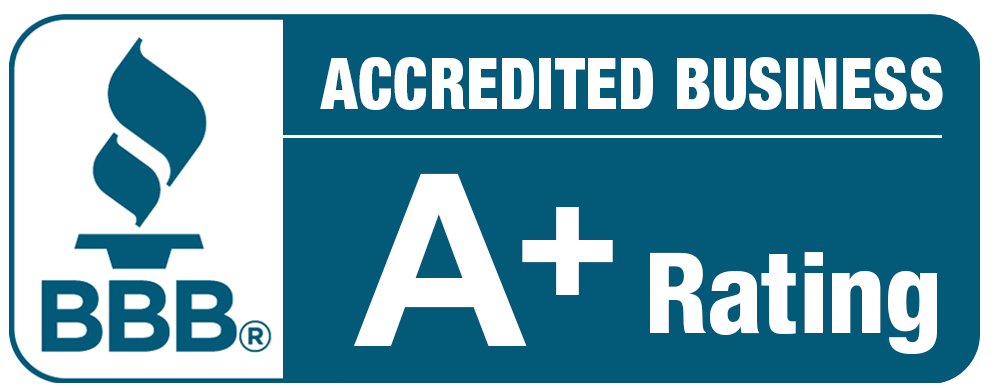Hiring a Property Manager vs. Self-Managing: What’s Better?
Managing rental properties is a significant responsibility that requires landlords to balance multiple tasks. These range from keeping the property in good shape to ensuring rent is collected on time.
For landlords, one of the biggest decisions is choosing between hiring a property manager or handling all these duties on their own. AIM Real Estate Management has compiled this article to help you make an informed decision about the best approach for your rental business.
Each option comes with its own set of pros and cons. In the following sections, we’ll explore key factors like property upkeep, tenant relations, financial tracking, and more to help you understand what each approach entails.
Key Areas of Rental Property Management
1. Property Upkeep and Maintenance
One of the most important tasks in property management is maintaining the property. Regular maintenance preserves the property's value, keeps tenants satisfied, and ensures the property is safe and functional.
When self-managing (or being a DIY landlord), landlords need to schedule and oversee repairs, handle routine inspections, and sometimes take care of minor maintenance tasks themselves. It also means having a list of reliable contractors ready for larger projects or emergencies.
Hiring a property manager, however, can take a lot of this burden off a landlord’s shoulders. Property management companies often have established relationships with contractors and maintenance workers.
They handle repair requests and coordinate with service providers, making sure work is done promptly and to a high standard. For landlords, this means peace of mind, knowing that the property is being looked after without needing constant involvement.

2. Managing Vacancies and Tenant Turnover
Filling vacancies quickly and finding reliable tenants is essential for keeping cash flow steady. When landlords self-manage, they are responsible for advertising the property, conducting showings, screening applicants, and handling lease agreements.
This process can be time-consuming and requires knowledge of fair housing laws, background checks, and effective marketing strategies to attract high-quality tenants.
A property manager streamlines this process by taking care of advertising, tenant screening, and lease negotiations. Professional property managers often have access to a broader pool of potential tenants and know how to market the property effectively.
In a competitive rental market, property managers can often fill vacancies faster than an individual landlord might be able to on their own.
3. Building Positive Tenant Relationships
Maintaining positive relationships with tenants is essential for tenant retention and a smoothly managed property. Self-managing landlords often interact directly with tenants, which can lead to strong, personable relationships.
It also means being available for any tenant issues that arise, whether they’re minor or urgent. Over time, maintaining these relationships can become a significant time commitment.
Property managers act as a buffer between landlords and tenants, handling communication, addressing tenant concerns, and resolving disputes. This separation can be beneficial, especially when enforcing lease terms or handling complaints.
A professional property manager also has experience dealing with a range of tenant situations, which can lead to quicker and more efficient resolutions.

4. Rent Collection and Financial Tracking
Consistent rent collection is critical for a landlord’s income stream, and self-managing landlords must collect payments, track accounts, and address any payment issues themselves. This requires organizational skills and a willingness to have difficult conversations with tenants when payments are late.
Property management companies handle rent collection and provide landlords with detailed financial reports. They ensure that tenants are aware of payment terms, follow up on missed payments, and, when necessary, initiate the eviction process.
With a professional handling rent collection, landlords can feel secure knowing their income is being managed without the need for direct involvement. Regular financial reports also give landlords a clear picture of their property's financial health.
5. Lease Compliance and Rule Enforcement
Landlords must ensure that tenants follow the lease terms and abide by property rules. For self-managing landlords, this includes monitoring tenant behavior, addressing lease violations, and managing any disputes that arise. Staying informed about current laws and regulations is also essential to avoid legal issues.
Property managers are well-versed in lease enforcement and legal regulations, ensuring that tenant actions align with the lease. If a tenant violates the lease, the property manager will step in to address the issue according to legal guidelines. This can save landlords from potential legal disputes and ensure compliance with local and state regulations.

Additional Responsibilities of a Landlord
Beyond day-to-day management, landlords also have other important responsibilities, such as keeping detailed records, ensuring the property is insured, and responding to legal issues as they arise. Self-managing landlords are responsible for staying updated on landlord-tenant laws, fair housing policies, and other regulations.
Partnering with a property manager allows landlords to delegate many of these responsibilities, as property managers are equipped to handle legal compliance, documentation, and communication with regulatory agencies. This provides landlords with confidence that their property is managed professionally and in compliance with the law.
Self-Management vs. Hiring a Property Manager: Making the Right Choice
Choosing between self-management and hiring a property manager comes down to a landlord’s specific needs, resources, and preferences. Self-management may be suitable for landlords who have the time to dedicate to their property and enjoy being involved in daily operations.
On the other hand, hiring a property manager is beneficial for landlords who prefer a hands-off approach or have multiple properties. It can also be an ideal choice for those who live far from their rental properties as out-of-state landlords or have limited time to dedicate to property management tasks.
Ultimately, the right decision will depend on how much involvement a landlord wants, as well as their comfort level with the responsibilities of property management.
Bottom Line
Choosing between self-management and hiring a property manager involves evaluating several factors, including the time commitment required, the level of tenant interaction desired, and the specific demands of the property.
AIM Real Estate Management is here to support landlords in every aspect of property management, from tenant relations to legal compliance. Contact AIM Real Estate Management today to learn more about how we can help you maximize the value of your rental property while minimizing your involvement!

